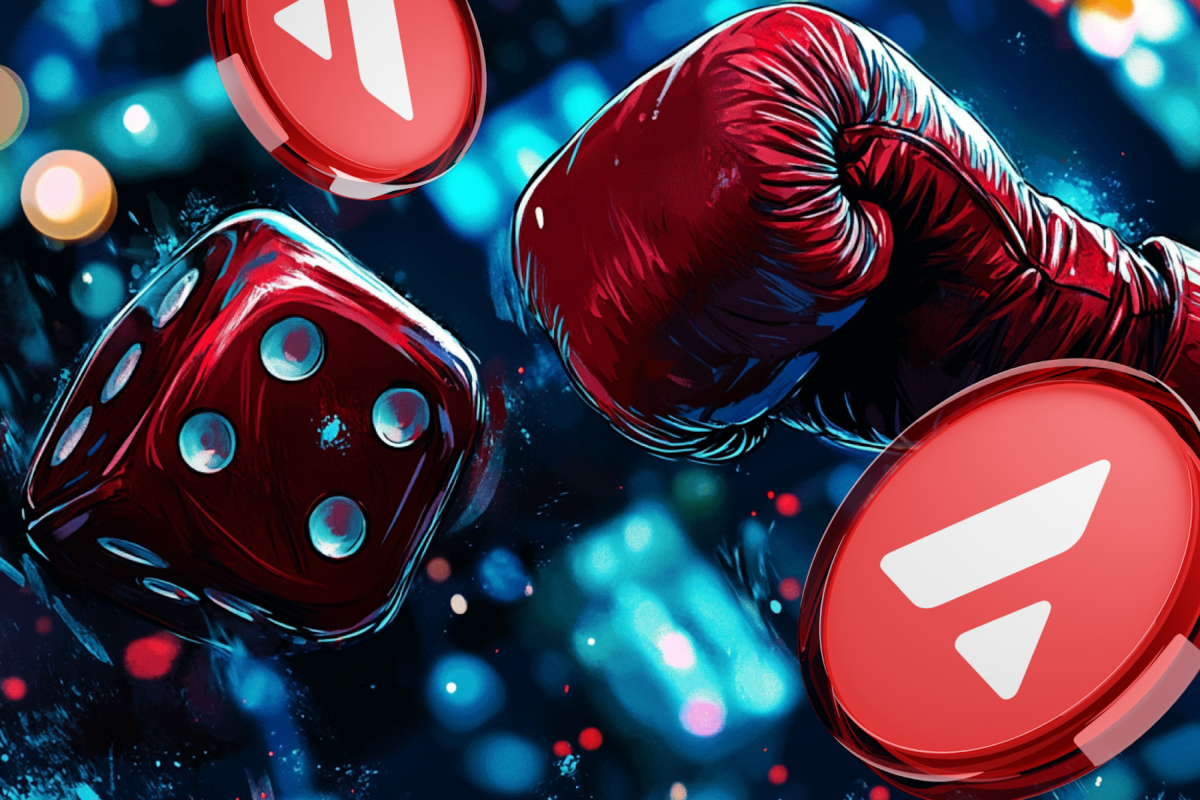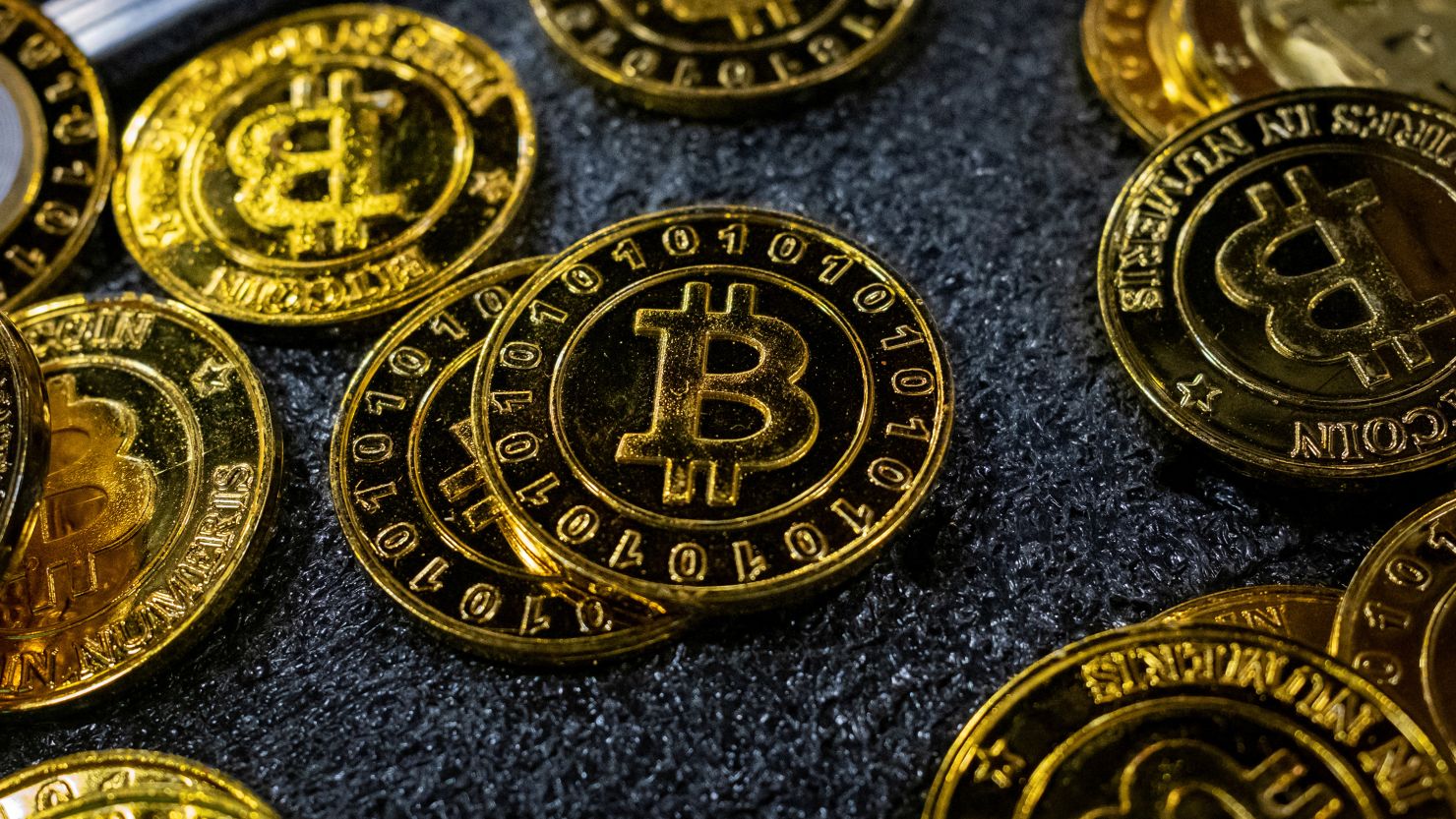A new
phenomenon is taking center stage in the world of sports marketing: the
incorporation of non-fungible tokens (NFTs) in crypto sponsorships. NFTs are
blockchain-powered digital assets that indicate ownership or proof of
authenticity of a certain item or experience.
NFTs have been
a game-changer in the sports business, transforming fan experiences and
offering up new paths for athletes, teams, and sponsors with the rise of
cryptocurrencies and blockchain technology. This article will look at the function
of NFTs in cryptocurrency sponsorships and how they are changing fan
interaction.
Getting to
Know NFTs and Blockchain Technology
Before looking
into the role of NFTs in cryptocurrency sponsorships, it’s critical to
understand the underlying technology. Blockchain, a decentralized and
transparent digital ledger, serves as the foundation for NFTs. By documenting
every transaction on a distributed network of computers, blockchain protects
the validity, security, and immutability of digital assets. This technology
paved the path for the development and trade of NFTs, which have achieved
enormous popularity in a variety of industries, including art, collectibles,
and, most recently, sports.
Fan
Experiences are Being Revolutionized
NFTs have
transformed fan experiences by giving previously inconceivable unique and
exclusive chances. Fans may own a piece of their favorite sporting moments,
communicate with athletes, and have access to one-of-a-kind experiences by
purchasing NFTs.
The production
of digital memorabilia is one-way NFTs are altering fan experiences. Athletes
and teams can use limited-edition NFTs to commemorate iconic moments such as
game-winning shots or record-breaking performances. Fans can buy these digital
treasures to acquire a digital representation of the occasion. Fans may now
showcase their digital artifacts and connect with other aficionados in online
forums, bringing a new level of engagement.
Furthermore,
NFTs allow athletes and teams to directly offer exclusive bonuses and experiences
to their supporters. An athlete, for example, may develop an NFT that offers
the owner VIP access to events, meet-and-greets, or personalized messaging.
These one-of-a-kind opportunities reinforce the link between players and their
fans, cultivating a sense of exclusivity and admiration.
Athletes,
Teams, and Brands Benefits
The use of NFTs
in cryptocurrency sponsorships provides several benefits to athletes, teams,
and companies. NFTs give athletes with a money source in addition to standard
sponsorship and endorsement deals. Athletes can capitalize on their fan base’s
enthusiasm and directly monetize their popularity by giving special NFTs. This
new form of income provides players with greater financial stability and the
ability to invest in their professions or humanitarian efforts.
NFT-based
sponsorships benefit both teams and businesses. Teams and businesses may tap
into a passionate and engaged fan base by collaborating with athletes to
produce NFTs. These agreements not only increase revenue but also provide a
unique marketing and brand exposure opportunity.
NFTs function
as digital collectible products, and by linking their brand with these
exclusive offerings, teams and businesses may improve their engagement with
fans while also distinguishing themselves in a crowded market.
Challenges
and Prospects
While the
function of NFTs in crypto sponsorships appears promising, there are still
obstacles to overcome. One major source of concern is the environmental impact
of blockchain technology, which has been chastised for its high energy use.
However, attempts are being made to build more sustainable blockchain
solutions, such as switching to proof-of-stake algorithms rather than
energy-intensive proof-of-work algorithms.
Another difficulty
is the necessity for fan education and awareness. NFTs are still a relatively
new concept, and many fans may be confused about how they function or the
benefits they provide. To achieve widespread use and acceptance, education
campaigns and open communication about the value and potential of NFTs in fan
experiences will be critical.
Looking ahead,
the future of NFTs in cryptocurrency sponsorships appears bright. As the market
matures, we may anticipate more innovation and inventiveness in the products.
Through interactive NFT experiences, virtual reality integrations, and
gamification, athletes, teams, and brands will discover new ways to engage
fans.
The Synergy
Between NFTs and e-Sports and gaming
While NFTs have
proven successful in sports marketing, e-sports and gaming, with their dedicated and tech-savvy
user base, present a unique opportunity for even greater impact.
Correlation
with user base
E-sports boasts a massive and passionate community of gamers,
who are already well-versed in digital ownership and virtual economies. This
user base is primed to appreciate the value of NFTs and readily participate in
their ecosystem. By integrating NFTs into e-sports, developers and
organizations can tap into a receptive audience that already understands the
concept of digital ownership and trading.
In-game possibilities
Unlike traditional
sports, e-sports exist in digital realms that can be dynamically shaped by
developers. NFTs can unlock a range of exciting in-game possibilities, where
players can buy, trade, and even earn valuable assets. From customizable
character skins and weapon designs to unique in-game items with real-world
value, NFTs can enhance the gaming experience and foster a deeper sense of
player investment and personalization.
Creating digital legacies
E-sports
athletes often become legendary figures within the gaming community, celebrated
for their skills and achievements. NFTs offer a means to immortalize these
accomplishments by minting unique tokens representing significant moments or
milestones. Fans can own and trade these digital mementos, fostering a sense of
connection and pride while simultaneously supporting their favorite players and
teams.
Fan engagement and monetization
NFTs allow
for enhanced fan engagement and monetization opportunities within the e-sports
ecosystem. Organizations can sell limited edition merchandise, virtual collectibles,
or access to exclusive in-game content through NFTs. Additionally, by gamifying
the ownership experience, fans can participate in challenges, tournaments, or
auctions, creating an interactive and rewarding environment.
Conclusion
Incorporating
blockchain technology and NFTs into sports platforms and ticketing systems has
the potential to transform how fans interact with live events. Consider going
to a game and earning an NFT that gives you access to exclusive
behind-the-scenes content or exceptional in-venue experiences. These
improvements have the potential to revolutionize the entire sports environment,
increasing fan involvement and making it more immersive, interactive, and
memorable.
Finally, the
function of NFTs in cryptocurrency sponsorships is transforming fan experiences
in the realm of sports marketing. Athletes, teams, and brands can provide fans
with unprecedented access and ownership of unforgettable events and exclusive
advantages by embracing blockchain technology and creating unique digital
assets. While there are obstacles to overcome, such as environmental concerns
and the need for fan education, the potential for NFTs to change fan
interaction is apparent. As the market evolves, we should expect NFTs to play a
larger part in crypto sponsorships, unlocking new opportunities and improving
the entire fan experience.
A new
phenomenon is taking center stage in the world of sports marketing: the
incorporation of non-fungible tokens (NFTs) in crypto sponsorships. NFTs are
blockchain-powered digital assets that indicate ownership or proof of
authenticity of a certain item or experience.
NFTs have been
a game-changer in the sports business, transforming fan experiences and
offering up new paths for athletes, teams, and sponsors with the rise of
cryptocurrencies and blockchain technology. This article will look at the function
of NFTs in cryptocurrency sponsorships and how they are changing fan
interaction.
Getting to
Know NFTs and Blockchain Technology
Before looking
into the role of NFTs in cryptocurrency sponsorships, it’s critical to
understand the underlying technology. Blockchain, a decentralized and
transparent digital ledger, serves as the foundation for NFTs. By documenting
every transaction on a distributed network of computers, blockchain protects
the validity, security, and immutability of digital assets. This technology
paved the path for the development and trade of NFTs, which have achieved
enormous popularity in a variety of industries, including art, collectibles,
and, most recently, sports.
Fan
Experiences are Being Revolutionized
NFTs have
transformed fan experiences by giving previously inconceivable unique and
exclusive chances. Fans may own a piece of their favorite sporting moments,
communicate with athletes, and have access to one-of-a-kind experiences by
purchasing NFTs.
The production
of digital memorabilia is one-way NFTs are altering fan experiences. Athletes
and teams can use limited-edition NFTs to commemorate iconic moments such as
game-winning shots or record-breaking performances. Fans can buy these digital
treasures to acquire a digital representation of the occasion. Fans may now
showcase their digital artifacts and connect with other aficionados in online
forums, bringing a new level of engagement.
Furthermore,
NFTs allow athletes and teams to directly offer exclusive bonuses and experiences
to their supporters. An athlete, for example, may develop an NFT that offers
the owner VIP access to events, meet-and-greets, or personalized messaging.
These one-of-a-kind opportunities reinforce the link between players and their
fans, cultivating a sense of exclusivity and admiration.
Athletes,
Teams, and Brands Benefits
The use of NFTs
in cryptocurrency sponsorships provides several benefits to athletes, teams,
and companies. NFTs give athletes with a money source in addition to standard
sponsorship and endorsement deals. Athletes can capitalize on their fan base’s
enthusiasm and directly monetize their popularity by giving special NFTs. This
new form of income provides players with greater financial stability and the
ability to invest in their professions or humanitarian efforts.
NFT-based
sponsorships benefit both teams and businesses. Teams and businesses may tap
into a passionate and engaged fan base by collaborating with athletes to
produce NFTs. These agreements not only increase revenue but also provide a
unique marketing and brand exposure opportunity.
NFTs function
as digital collectible products, and by linking their brand with these
exclusive offerings, teams and businesses may improve their engagement with
fans while also distinguishing themselves in a crowded market.
Challenges
and Prospects
While the
function of NFTs in crypto sponsorships appears promising, there are still
obstacles to overcome. One major source of concern is the environmental impact
of blockchain technology, which has been chastised for its high energy use.
However, attempts are being made to build more sustainable blockchain
solutions, such as switching to proof-of-stake algorithms rather than
energy-intensive proof-of-work algorithms.
Another difficulty
is the necessity for fan education and awareness. NFTs are still a relatively
new concept, and many fans may be confused about how they function or the
benefits they provide. To achieve widespread use and acceptance, education
campaigns and open communication about the value and potential of NFTs in fan
experiences will be critical.
Looking ahead,
the future of NFTs in cryptocurrency sponsorships appears bright. As the market
matures, we may anticipate more innovation and inventiveness in the products.
Through interactive NFT experiences, virtual reality integrations, and
gamification, athletes, teams, and brands will discover new ways to engage
fans.
The Synergy
Between NFTs and e-Sports and gaming
While NFTs have
proven successful in sports marketing, e-sports and gaming, with their dedicated and tech-savvy
user base, present a unique opportunity for even greater impact.
Correlation
with user base
E-sports boasts a massive and passionate community of gamers,
who are already well-versed in digital ownership and virtual economies. This
user base is primed to appreciate the value of NFTs and readily participate in
their ecosystem. By integrating NFTs into e-sports, developers and
organizations can tap into a receptive audience that already understands the
concept of digital ownership and trading.
In-game possibilities
Unlike traditional
sports, e-sports exist in digital realms that can be dynamically shaped by
developers. NFTs can unlock a range of exciting in-game possibilities, where
players can buy, trade, and even earn valuable assets. From customizable
character skins and weapon designs to unique in-game items with real-world
value, NFTs can enhance the gaming experience and foster a deeper sense of
player investment and personalization.
Creating digital legacies
E-sports
athletes often become legendary figures within the gaming community, celebrated
for their skills and achievements. NFTs offer a means to immortalize these
accomplishments by minting unique tokens representing significant moments or
milestones. Fans can own and trade these digital mementos, fostering a sense of
connection and pride while simultaneously supporting their favorite players and
teams.
Fan engagement and monetization
NFTs allow
for enhanced fan engagement and monetization opportunities within the e-sports
ecosystem. Organizations can sell limited edition merchandise, virtual collectibles,
or access to exclusive in-game content through NFTs. Additionally, by gamifying
the ownership experience, fans can participate in challenges, tournaments, or
auctions, creating an interactive and rewarding environment.
Conclusion
Incorporating
blockchain technology and NFTs into sports platforms and ticketing systems has
the potential to transform how fans interact with live events. Consider going
to a game and earning an NFT that gives you access to exclusive
behind-the-scenes content or exceptional in-venue experiences. These
improvements have the potential to revolutionize the entire sports environment,
increasing fan involvement and making it more immersive, interactive, and
memorable.
Finally, the
function of NFTs in cryptocurrency sponsorships is transforming fan experiences
in the realm of sports marketing. Athletes, teams, and brands can provide fans
with unprecedented access and ownership of unforgettable events and exclusive
advantages by embracing blockchain technology and creating unique digital
assets. While there are obstacles to overcome, such as environmental concerns
and the need for fan education, the potential for NFTs to change fan
interaction is apparent. As the market evolves, we should expect NFTs to play a
larger part in crypto sponsorships, unlocking new opportunities and improving
the entire fan experience.
Credit: Source link















































